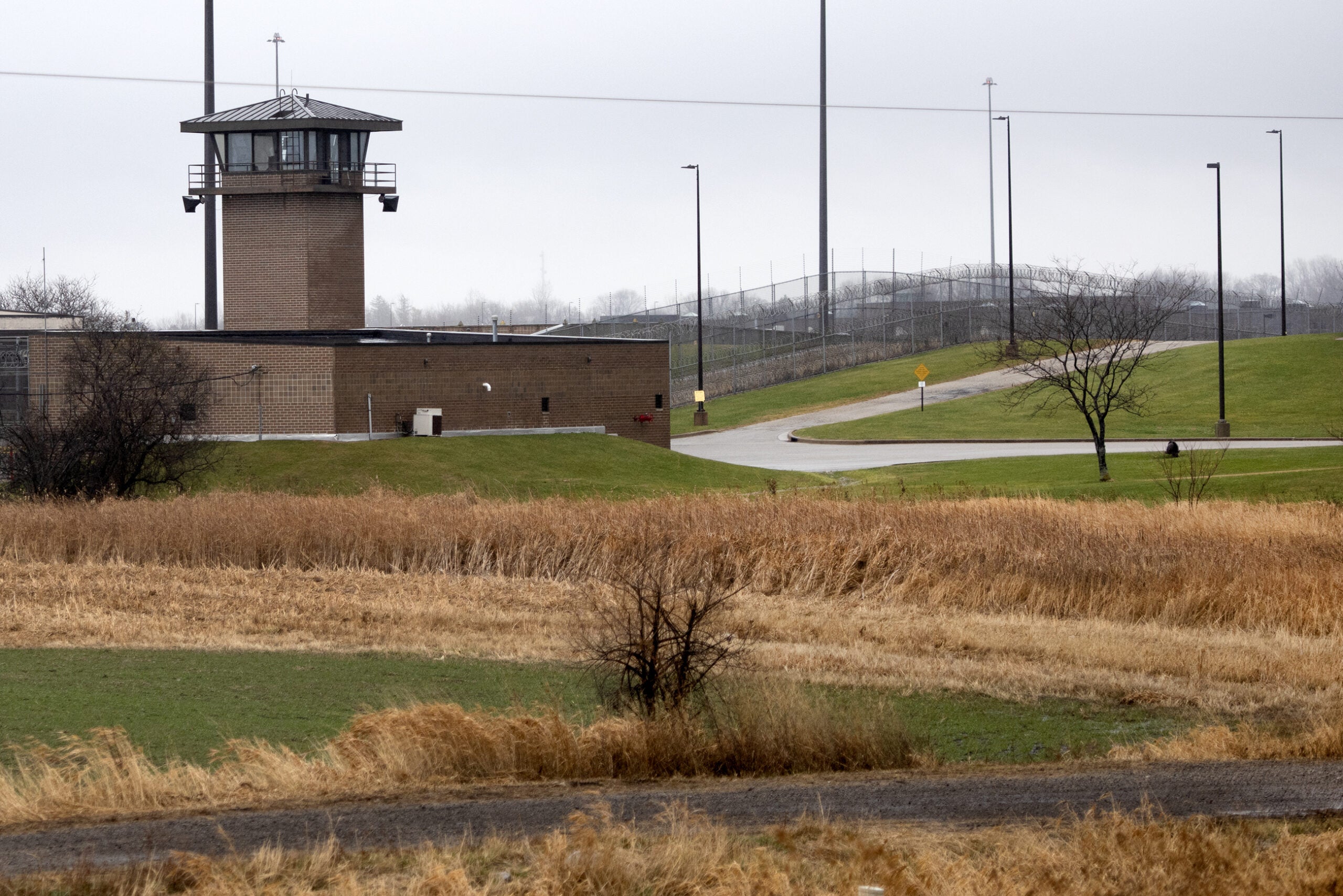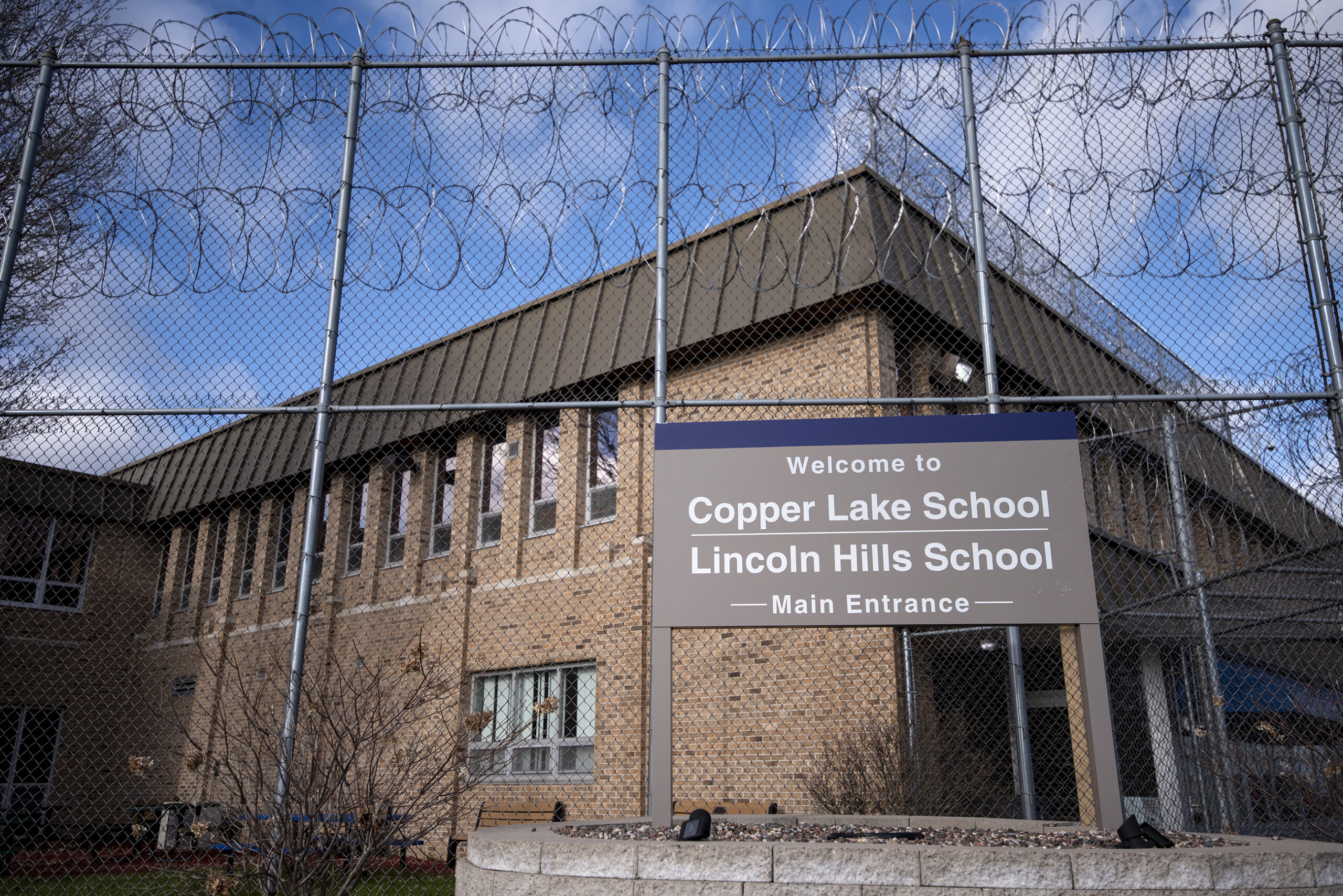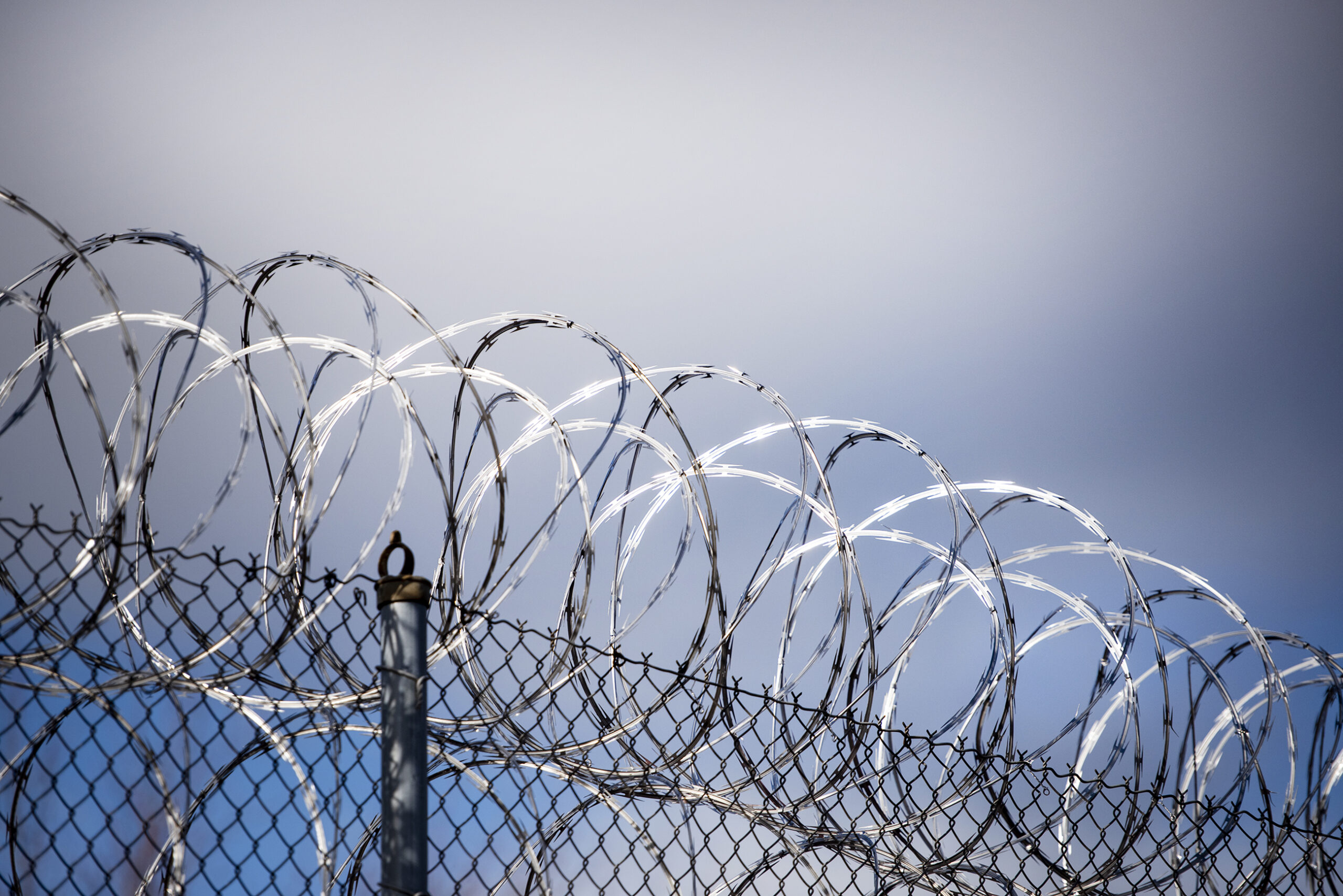A federal judge says Wisconsin’s use of solitary confinement in its juvenile prisons poses “acute, immediate and enduring” harm to young inmates and is ordering that it be dramatically scaled back.
U.S. District Judge James Peterson on Friday also ordered shackling juvenile inmates and the use of pepper spray be used much more sparingly than now.
Peterson ordered the state Department of Corrections and attorneys for inmates who challenged the disciplinary tactics to report back in two weeks on how they will structure the changes he ordered be made.
News with a little more humanity
WPR’s “Wisconsin Today” newsletter keeps you connected to the state you love without feeling overwhelmed. No paywall. No agenda. No corporate filter.
He did not immediately order the practices stop as those challenging them as unconstitutional had wanted.
But Peterson said Wisconsin’s practices at the Lincoln Hills and Copper Lake prisons are out of step with national norms.
The lawsuit argued pepper spraying inmates and putting them in segregation units amounts to unconstitutional cruel and unusual punishment.
Jeff Roman, with Youth Justice Milwaukee, a group that advocates for ending youth incarceration, said these practices are troubling.
“It’s dehumanizing,” he said. “It doesn’t work. We hope that we can lift up some of the research that says these practices don’t work. We also hope that in the next two weeks that we can engage and really get some input from the young people that are there.”
In a statement on the ruling, the DOC said the agency, “has consistently worked to identify and implement substantial reforms at Copper Lake School/Lincoln Hills School. We look forward to using the next two weeks to further these efforts.”
Marsha Levick, with the Juvenile Law Center, said Peterson was concerned with the use of pepper spray at the facilities but recognized the need for control.
“He is appropriately concerned about ensuring that there are appropriate measure in place to manage disruptive behavior in the facility,” she said. “So we anticipate that there will be a phase out procedure adopted.”
Editor’s note: This story was last updated at 4:07 p.m., Friday, June 23, 2017.
Wisconsin Public Radio, © Copyright 2025, Board of Regents of the University of Wisconsin System and Wisconsin Educational Communications Board.







